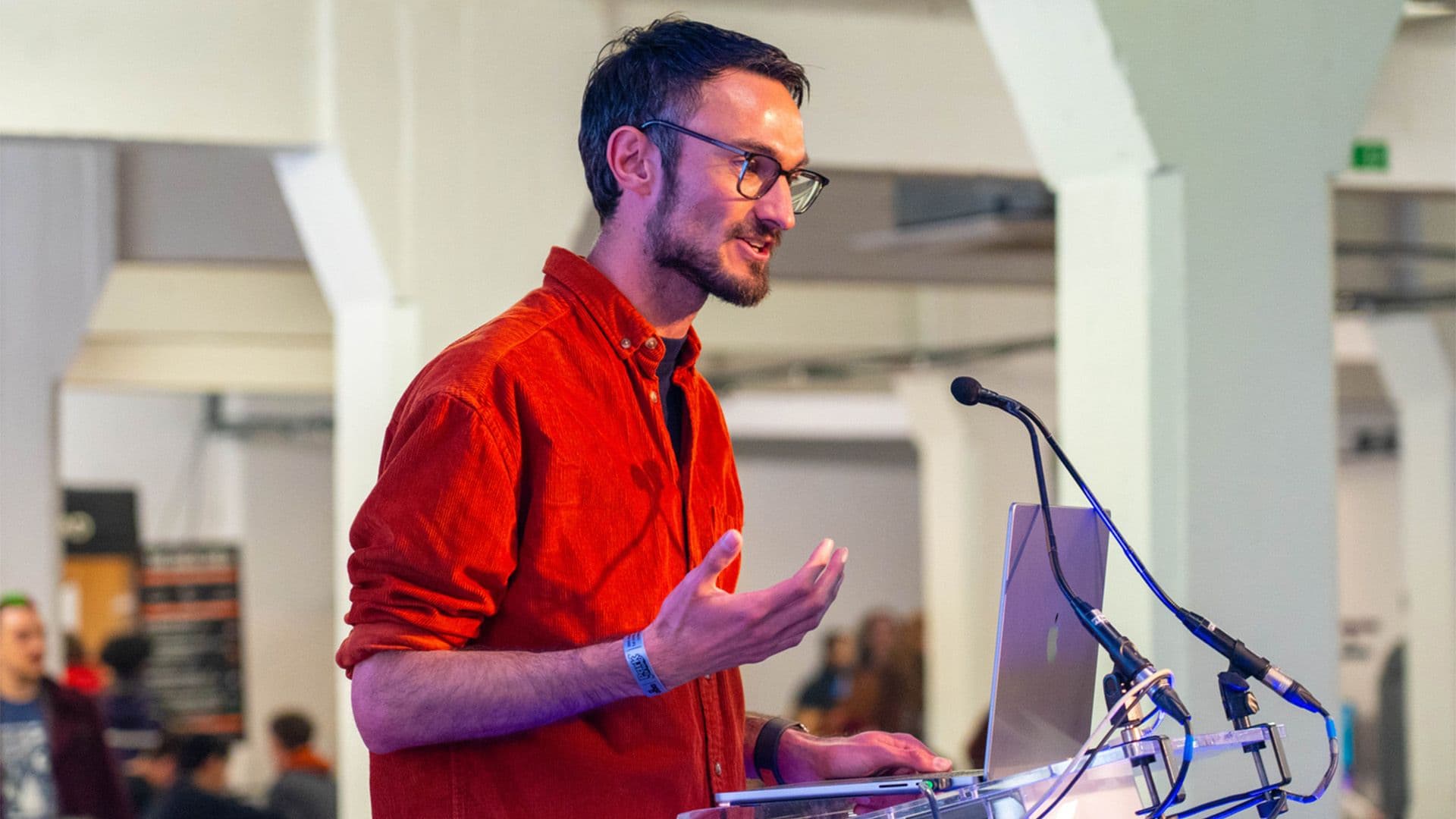We all have that one thing we're passionate about. The thing you happily go on and on and on about as your friends and family listen patiently and politely. Now imagine you get to share this thing with a group of similarly passionate people. Maybe they would even ask you questions at the end?
If you were to give a talk or a Q&A session to an audience of fellow video game fans at WASD, the UK's coolest gaming show, what would it be about? A particular game, or topic of design, or ambition you have as a gamer, content creator, cosplayer, or just as a member of a gaming community? Or something else entirely? Anything that would fit at WASD is on the cards!
Tell us what you could speak about in your hypothetical WASD 2024 talk, in written or video form. The best ten submissions get $3 apiece.
Task: If you gave a WASD talk, tell us what game and topic would you cover
Format: Written (at least 50 words) or video (at least 30 seconds)
How to submit a written entry:
Hit the 'submit to this bounty' button just below this description - do not use the reply button unless you just want to comment on the thread, as replies will not be counted as entries!
Add a written response and feel free to include images.
How to submit a video entry:
Create your video and post it to your connected TikTok, YouTube or Instagram account.
In your post description, please tag us! We're @JustAbout__ on YouTube, @justaboutcommunity on Instagram, and @justaboutcommunity on TikTok. We'd also love it if you included #JustAbout.
Hit the 'submit to this bounty' button just below this description - do not use the reply button unless you just want to comment on the thread, as replies will not be counted as entries!
Share a link to your post in the box that appears, then expand it so we can view the video on Just About.
Once the deadline closes, we’ll pick up to 10 submissions, award $3 to each of the winners, and may share them as curated content.
Disclaimer: Geographical and age restrictions apply. Just About reserves the right to extend the bounty's duration. Please see our Terms of Use for more information on how bounties are created and rewarded on Just About. One reward available per member.
Take care not to breach copyright. Check our copyright policy before submitting.
Remember to link your social accounts before submitting multimedia assets!
Considering using AI to help? Think twice and first see our approach to AI content on Just About.
Image credit: WASD via Roucan
Bounty Rewards
Reward closed
Created at . Page last updated at .
Deadline at .


